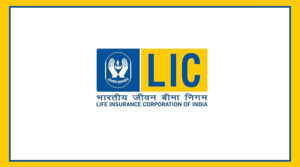The Securities and Exchange Board of India (SEBI) has proposed major updates to how mutual funds charge investors.
These changes aim to make mutual fund costs more transparent, fair, and easier to understand for investors.
One of the biggest proposals includes cutting brokerage fees and removing certain taxes from the total expense ratio (TER).
The TER is the total cost a mutual fund charges investors each year to manage their investments.
Key Highlights of SEBI’s Proposal
SEBI wants to exclude taxes like STT, GST, CTT, and stamp duty from the TER limit.
This means these charges will no longer be counted within the fund’s expense ratio, making it clearer how much investors are paying in fees versus taxes.
The regulator has also suggested a performance-based TER system, where fund houses can voluntarily charge based on how well their schemes perform.
A detailed plan for this will be finalized after consulting with stakeholders.
Additionally, SEBI has proposed removing the 5 basis points (bps) expense linked to exit loads, which was earlier allowed for fund houses.
This change is meant to reduce costs for investors.
Lower Brokerage Caps and Simpler Rules
In a move to protect investors, SEBI plans to slash brokerage limits — from 12 bps to 2 bps for cash market trades, and from 5 bps to 1 bps for derivatives.
This is expected to reduce double-charging and make mutual fund costs more transparent.
Experts say these updates could make mutual fund regulations simpler and easier to follow, while improving cost comparability between different schemes.
If approved, these reforms could significantly reduce fund operation costs and make investing more affordable for millions of Indians.

























